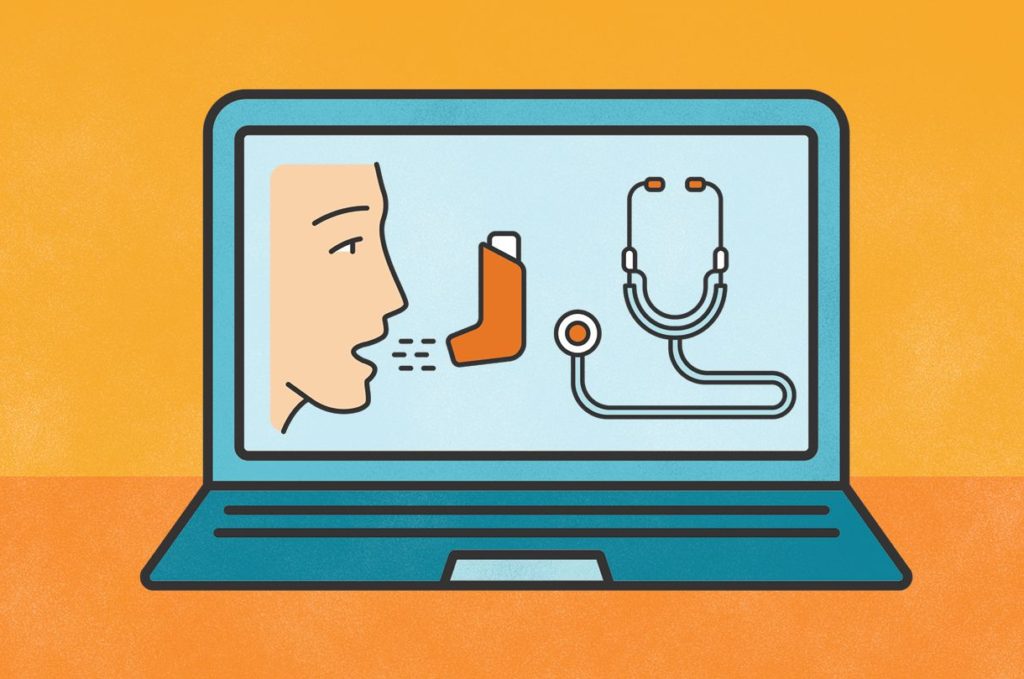
Asthma affects over 300 million people worldwide, making it one of the most common chronic respiratory conditions. Despite its prevalence, many patients struggle with managing their symptoms effectively, leading to frequent hospital visits and reduced quality of life. The integration of asthma analytics with digital health solutions is transforming the way patients and healthcare providers approach asthma management, offering data-driven insights for better outcomes.
The Role of Asthma Analytics
Asthma analytics leverages data from various sources, including wearable devices, mobile apps, electronic health records, and environmental sensors. By analyzing patterns in symptoms, medication usage, and external triggers like air quality and allergens, these tools provide personalized insights that help patients and doctors make informed decisions.
Key benefits of asthma analytics include:
- Predictive Insights: Identifying early warning signs of asthma attacks, allowing for proactive intervention.
- Medication Adherence Monitoring: Tracking usage patterns to ensure patients follow prescribed treatment plans.
- Environmental Triggers Identification: Recognizing trends in weather, pollution, and allergens that contribute to flare-ups.
- Improved Patient Engagement: Empowering individuals to take control of their health through real-time monitoring and feedback.
Digital Health: A Game-Changer for Asthma Management
Digital health technologies are revolutionizing asthma care by making data accessible, actionable, and personalized. Mobile apps, smart inhalers, and telemedicine platforms allow patients to monitor their symptoms, receive tailored recommendations, and connect with healthcare providers remotely.
Some key digital health innovations include:
- Smart Inhalers: These devices track medication usage and provide reminders, ensuring adherence to treatment plans.
- AI-Powered Chatbots: Offering real-time guidance and answering patient queries.
- Remote Monitoring Systems: Enabling doctors to track patient progress and adjust treatments as needed.
- Wearable Sensors: Measuring respiratory rates and environmental factors that impact asthma symptoms.
The Future of Asthma Care with Digital Health
As technology continues to evolve, digital health solutions will play an increasingly vital role in asthma management. With AI-driven analytics, personalized treatment plans, and enhanced patient engagement, asthma care is becoming more efficient, proactive, and tailored to individual needs.
At Keva Health, we are committed to leveraging digital health and asthma analytics to empower patients and healthcare professionals with the tools they need to manage asthma effectively. By embracing data-driven healthcare, we can improve patient outcomes and revolutionize respiratory care for the future.
Stay informed. Stay empowered. Breathe easier with digital health.



Leave a Reply
You must be logged in to post a comment.